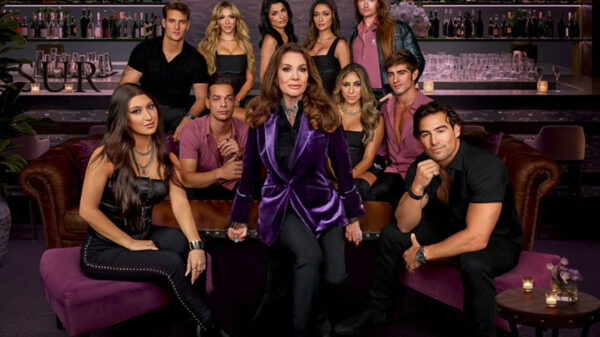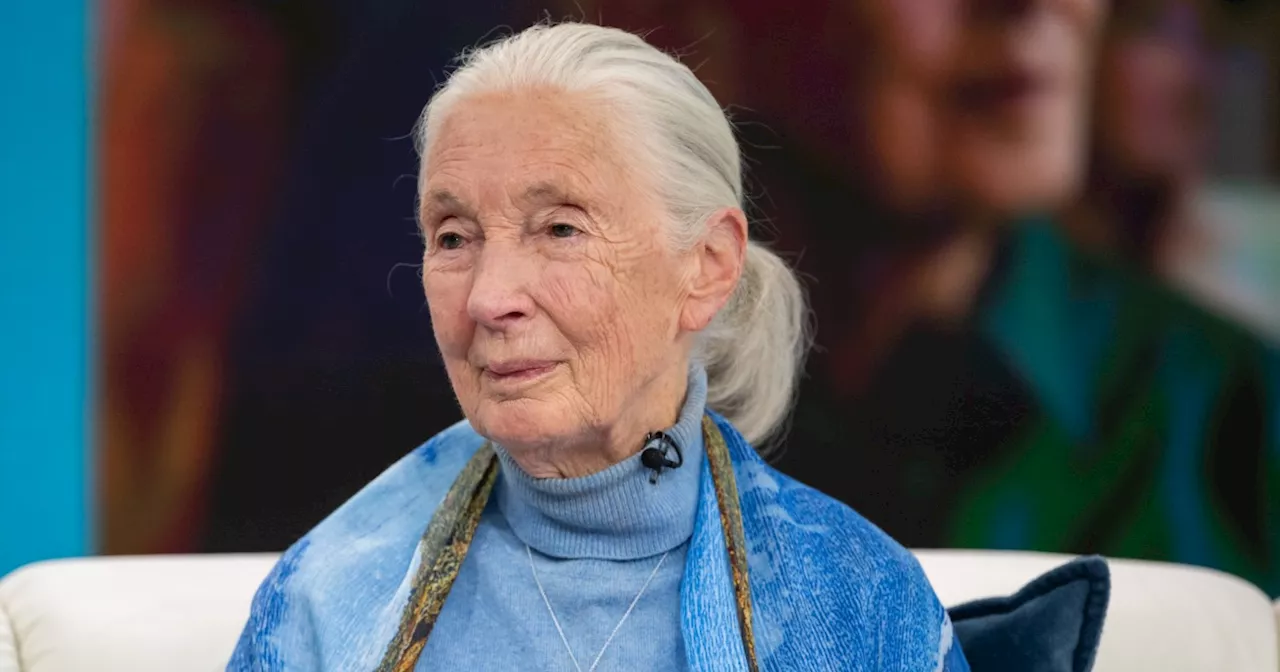Jane Goodall, the renowned British primatologist, passed away on October 1, 2023, at the age of 91 while on a speaking tour in California. Her death, attributed to natural causes, marks the end of a remarkable life dedicated to the study of chimpanzees and the advocacy for conservation, human rights, and animal welfare.
Goodall’s groundbreaking work in Gombe National Park, Tanzania, fundamentally changed scientific perspectives on primates. She was the first researcher to observe chimpanzees using tools, a discovery that shattered the long-held belief that tool use was a uniquely human trait. This pivotal finding not only redefined the relationship between humans and animals but also challenged the scientific community to reconsider the emotional and social complexities of non-human species.
Redefining Scientific Norms
In the early 1960s, while pursuing her PhD at the University of Cambridge, Goodall diverged from the conventional scientific approach of identifying animals by numbers. Instead, she assigned them names, notably naming a male chimpanzee David Greybeard. This innovative choice sparked criticism from established scientists, with some labeling it as unscientific. Mireya Mayor, an anthropologist and primatologist, noted that Goodall “proved that science could extend its boundaries without losing rigor.”
Her research revealed that chimpanzees exhibit emotions, empathy, and cultural behaviors, traits previously thought to be exclusive to humans. According to Nick Boyle, executive director of Taronga Zoo in Sydney, Goodall’s findings “redefined humanity” by demonstrating that chimpanzees engage in complex social structures, including hunting and warfare. In 1973, Goodall documented a four-year conflict between two chimpanzee communities, underscoring the depth of their social lives.
Inspiring Future Generations
Beyond her scientific contributions, Goodall’s legacy includes the inspiration she provided for countless women pursuing careers in science. She was among the few students admitted to the PhD program at Cambridge without a formal undergraduate degree, earning her doctorate in 1965. Mayor emphasized that Goodall showed a young woman could “rewrite science and the understanding of animals on such a fundamental level.”
Alison Behie, an anthropologist at the Australian National University, recalls how Goodall’s influence prompted her to switch her major from microbiology to anthropology. Following a talk by Goodall, Behie realized her passion for primatology and conservation. In 2017, Behie had the opportunity to introduce her female students to Goodall during her visit to Australia, reflecting the full-circle moment of inspiration.
Goodall’s ability to connect her research to relatable themes made her a powerful advocate for conservation. She highlighted the emotional bonds between mothers and children, making the plight of wildlife accessible to the public. Euan Ritchie, a conservation scientist at Deakin University, attributes Goodall’s popularity to her storytelling skills, which engaged people on critical issues.
Her commitment to youth engagement was evident in her establishment of the Roots and Shoots program in 1991, aimed at educating and involving young people in conservation efforts. “That was her baby,” said Maria Sykes, chief executive of the Jane Goodall Institute Australia.
Despite her public persona, Goodall was known for her fun and flirtatious nature, a side few were privy to, according to Mayor. “Jane was incredibly fun and flirtatious, even at 90,” she remarked, highlighting the joy Goodall brought to her work and interactions.
Goodall’s legacy is profound, not only in advancing scientific understanding but also in fostering a generation of advocates dedicated to the protection of wildlife and the environment. Her work continues to inspire and challenge the boundaries of what it means to be a scientist.







































































